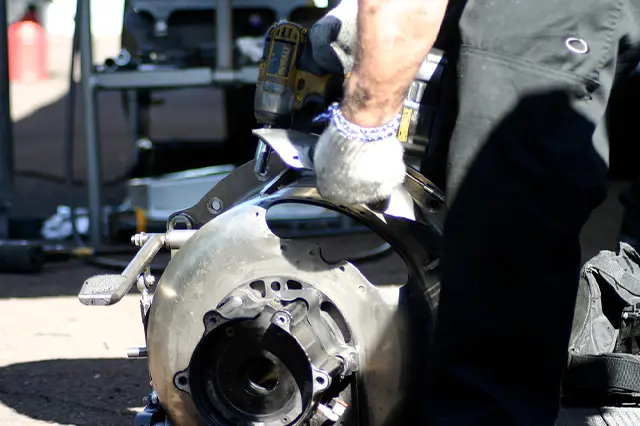
How long do transmissions last?
Whenever you buy a new car, you’re likely thinking about the transmission. You want to make sure it lasts as long as possible and isn’t going to cause any problems down the road. But what do you actually need to know about transmissions? In this blog post, we will explore the basics of transmissions and what you should look for when buying one. We will also cover some common issues and how to deal with them.
How Long Does a Transmission Last?
Transmissions last anywhere from around 80,000 to 120,000 miles depending on the make and model of vehicle. Factors that can affect how long a transmission will last include driving habits, type of driving, and maintenance schedules.
If you plan on driving your vehicle in harsh conditions or frequently driving in the mountains, it is important to maintain proper maintenance schedules to ensure your transmission lasts as long as possible. Proper maintenance includes regular fluid and filter replacements, oil changes, and alignments.
Overall, transmissions typically last around 80,000 to 120,000 miles. However, proper maintenance can help your transmission last longer.
Factors that can affect the lifespan of a transmission
Factors that can affect the lifespan of a transmission include age, mileage, type of driving, climate and terrain. Transmission fluid may also wear out over time, causing the transmission to slip or grind. In extreme cases, a transmission may need to be replaced.
Age – A transmission’s lifespan is typically shorter in vehicles that are older. This is because the components inside a transmission experience more wear and tear as they age.
Mileage – The amount of mileage a transmission has been driven can also affect its lifespan. Over time, the oil and grease that lubricate the gears in a transmission can break down, causing them to stick or burn. This can result in decreased performance and increased wear on the Transmission.
Type of Driving – Driving styles, including heavy acceleration and braking, can also damage a transmission.
Climate and Terrain – A transmission’s ability to cope with environmental extremes, such as cold weather or high altitudes, can also affect its lifespan.
Fluid – Transmission fluid can also wear out over time, causing the transmission to slip or grind. In extreme cases, a transmission may need to be replaced.
For more information on transmission replacement, please speak to one of our experts.
What to Do If Your Car Has a transmission Problem
If you are experiencing transmission problems in your car, there are a few things you can do to try and get them fixed. The first thing is to check the fluid level and see if it is low. If it is, add new fluid until the car says it is full. If the problem persists, you may have to have the transmission replaced.
If you have to have the transmission replaced, be sure to take your car to a qualified mechanic. There are many different types of transmissions out there, and not all of them are interchangeable.
If you are not sure if your car has a transmission problem, or if you just need a basic inspection, take it to a mechanic.
Conclusion
We hope that this article has helped you understand how long transmissions last and given you some advice on how to maximize your chances of conceiving. If you are trying to conceive, it is important to understand the process so that you can make the most of your opportunities. By following our tips, you should have no trouble getting pregnant and bringing home a new addition to your family.
